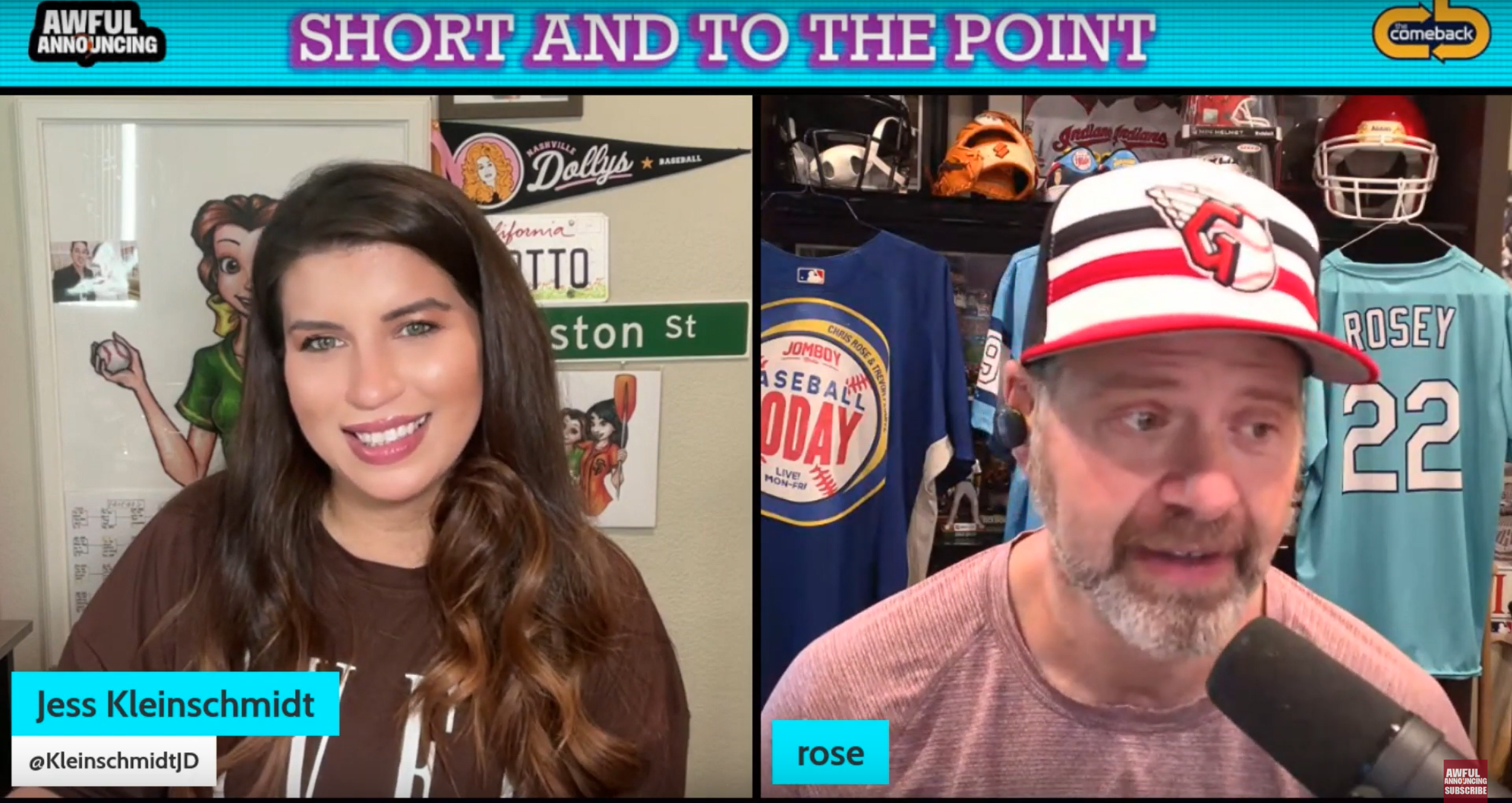Twitter can be a great place for athletes to build their following and their brand, but it can also be a tough place for them to really focus on engaging with fans thanks to the amount of criticism and vitriol that gets tweeted at them. That’s perhaps particularly true for someone like Steph Curry, who’s regularly blasted by players, former players, former coaches, and talking heads, to say nothing of Twitter trolls. To that end, Curry isn’t abandoning his Twitter account and its 4.57 million followers, but he’s engaging there more selectively, and used it last week to promote a Q+A on a new social platform, Slyce. What exactly is Slyce? As Nina Mandell writes at For The Win, it’s a social platform dreamed up by Curry’s former college roommate at Davidson, Bryant Barr, as a way for celebrities to engage with good feedback without wasting time reading through responses from trolls. Moreover, Barr was specifically motivated to create it based on discussions with Curry:
“[In his] second or third year in the NBA when he was having an injury-prone year he started making an effort to connect with fans and go above and beyond and not just post things or reply once in awhile but go deep with fans and you know his audience skyrocketed. It was from 100K users on Twitter to a million in about 18 months,” Barr said.
“And then in the last couple of years, I started to see his activity go down and we started having conversations about it and I asked why it was and his response was ‘it’s just too much of a hassle, it’s too much noise, there’s too much friction to make it worthwhile to spend time doing this.”
Barr, a Nike alum who is now attending Stanford Business School, said the complaint sparked an idea to team up with fellow Nike alum Jason Mayden to create a new type of communication platform for his old roommate to be able to connect with fans again.
Slyce, which debuted last month, is a social platform that allows “influencers” (like Curry) to sift through questions and topics to find ones that they’d like to engage about. For example, for Curry’s first Q&A with fans, the Slyce team used a filter to find questions about things he’d like to talk about like the Carolina Panthers. Currently, the filter is 10% automated and 90% manual.
Barr and Mayden’s hope is that eventually the filter will become advanced enough to find the types of questions and the people he — and other influencers would want to engage with.
Curry has invested in Slyce and is listed as a co-founder, so he certainly has a stake in promoting it, but it’s easy to see why the idea would appeal to him. Essentially, at the moment, it sounds like the equivalent of paying someone else to read through your Twitter mentions and highlight interesting feedback and engagement possibilities while avoiding trolling and needless criticism. The problem is that people are expensive, so a 90 per cent manual filter isn’t necessarily sustainable for the long run (although it could be if the target audience is just wealthy celebrities), but this is another way Curry’s involvement is helping; Slyce just launched last month and doesn’t have much data yet, but while the data they get from people responding to Curry’s Q+As now needs to be manually sorted, it can also help them refine their algorithms and filters and further automate the process, perhaps making this more scalable and sustainable over the long term. (That also might make it a valuable alternative for others than just celebrities, especially considering Twitter’s well-known harassment problems; if their filters can knock out some of that harassment, Slyce might become a compelling place for those who are tired of trolls.) We’ll see how this evolves over time, but Curry seems happy with it so far, even citing it as an alternative to traditional media:
“It’s just kind of having control of your own voice,” he said. “Like you said after games when you’re in front of the media they’re just asking questions that will just filter into stories that they’ve already written – they just need a quote or maybe stirring the pot in a direction that you don’t want to go – so I think the Q&As it’s a release to talk about normal stuff and do it more efficiently, that became necessary too.”








Comments are closed.